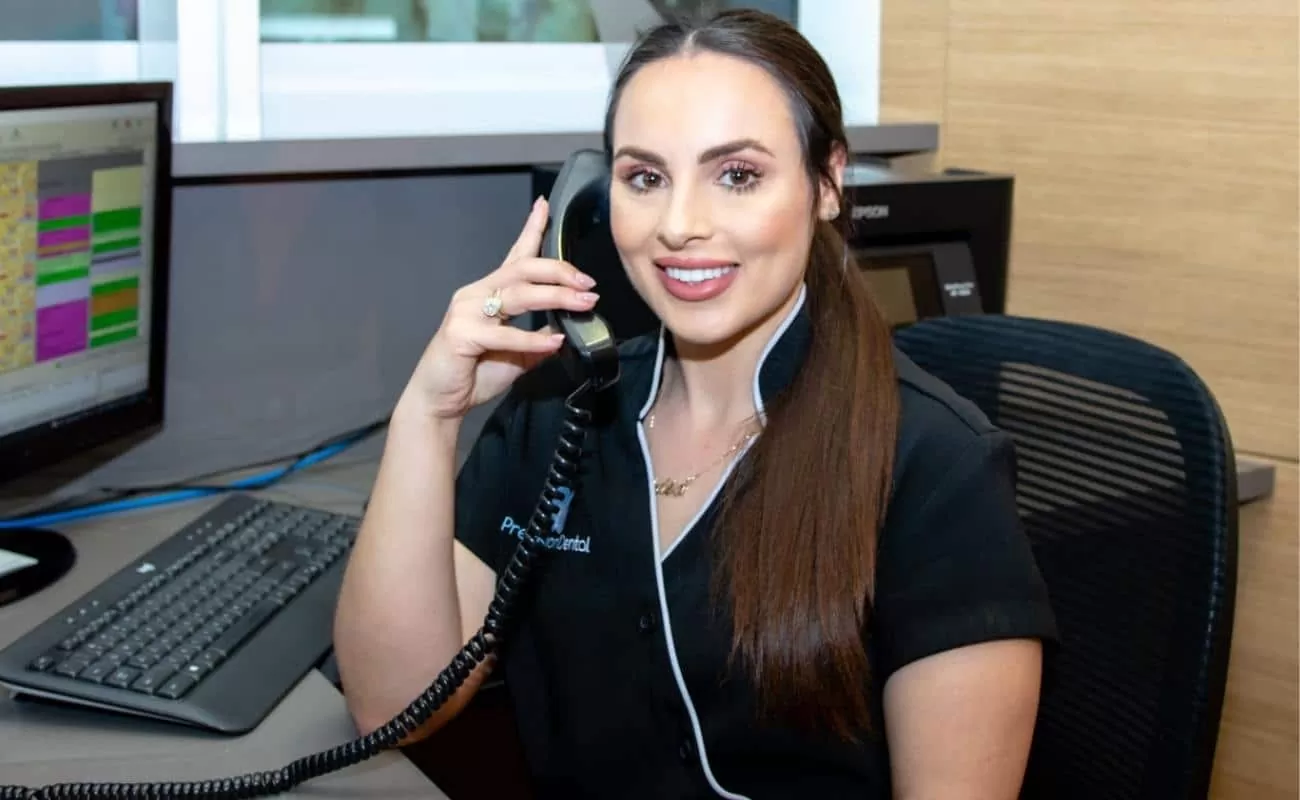Children’s Dentistry
Children’s Dentistry Brisbane, Fortitude Valley

Why Children’s Dentistry is Important

Children’s teeth are more prone to dental caries, or decay, than adults. In fact, caries is a top chronic disease affecting Australian children and five times more frequent than asthma. Our children’s dentistry services help keep your child’s oral health in check by finding and treating caries early while reinforcing the importance of daily oral hygiene and care.
When children receive regular dental care including checkups, they become more accustomed to visiting the dentist and put more attention to taking care of their teeth. Our gentle dentists will work with your child to help them develop a healthy attitude towards regular dental visits and oral care.
A healthy attitude towards dentistry remains an important part of overall health when children become teenagers. This is the age when they may need orthodontics, and today’s teens often ask for treatments that will help them feel comfortable when smiling on social media. Healthy teeth ensure that teens feel good about smiling, and we do our best to help them get the healthy smile they deserve.
Educating Children About Dentistry and Oral Health Care
Our goal is to not only provide oral health care, but also to support you when teaching your child about dentistry and oral health care. We can reinforce brushing techniques and teach them how they can help prevent future dental problems. When children feel confident about their oral health care, they are more likely to bring up tooth pain or other problems, which allows for early treatment that can save your child unnecessary pain and save you money.
The First Dental Visit
We recommend bringing children for their first dental visit around one year of age, as their teeth are growing in; however, you can bring your child at any age. No matter what age, we feel it is helpful to bring your child for a dental checkup before any dental problems or pain arise, so they don’t associate pain with a dentist exam.
A first dentist visit may feel stressful for you and your child. These are some things you can do to help prepare for your child’s first dental visit:

Schedule the first visit at a young age, before dental problems appear

Avoid using words like needle or pulling teeth to avoid unnecessary stress

Schedule morning visits or before naptime for younger children

Read a children’s book with your child or watch a video about children’s dentistry, such as Courage at the Dentist or Peppa Pig’s Dentist Trip before your visit

Bring a tablet, phone or toy so they can play games while they wait and even watch something while in the chair

If your child has any special needs, please call and let us know ahead of time to we can better help you and your child
If your child is in pain or very anxious, call us. We will listen to your concerns and work with you to find the ideal solution to help relieve your child’s pain or anxiety. Our goal is to provide a positive dental experience and we would love to work with you to make that happen.
Download Free Price List

Download Free Price List
Dentistry for Teenagers
Teenagers are at a time when they are more aware of their appearance and smile. Thanks to social media, many are more open to orthodontic treatments that help them achieve a healthy smile. We offer Invisalign Clear Aligners to help your child get straighter teeth. Children, teens and young adults prefer this solution over traditional braces because the trays are barely noticeable, yet they can still improve their smile.
Teenagers and young adults have unique needs that make other forms of specialised dental care important. We are experienced and skilled at identifying issues and treating problems with compassion and kindness, so your child is comfortable each step of the way. The following are some specialised concerns we treat here at Precision Dental:
Eating disorders
Like bulimia and anorexia affect some older children, teenagers and young adults today. While we do not treat eating disorders, we can treat the complications it leads to, including eroding tooth enamel.
In this case, we can build the teeth up with dental restorations that improve the appearance of teeth while protecting them.
Soft drinks
Are consumed by young adults at a rate double that of just a few years ago. Carbonated, sugary drinks make teeth more susceptible to tooth decay, which we can treat.
Early children’s dentistry visits are a great time for us to teach children about the problem with soft drinks, which may help them make better choices when they are teenagers.
Oral piercings
Are more prevalent among teenagers and young adults today, and sadly they may introduce significant hazards to the teeth.
Oral piercings move around and repeatedly hit the teeth while talking, chewing food and even sleeping, which can lead to chipped teeth and weakened tooth enamel.
Tongue piercings are known to fracture teeth through constant movement, leading to the need for crowns and other prosthetics. Some piercings can lead to infection, especially if the person smokes.
We will do our best to identify problems early for those with piercings, so we can treat the problem and possibly help prevent future problems.
Smoking
Is a habit that some young adults have picked up, and can cause teeth discolouration and foul breath. Extreme problems include mouth infections and oral cancer.
Be honest with your dentist if you or your teen smokes so we can address it appropriately with teeth cleanings and regular oral health exams.
Call Today for Children’s Dentistry

If you have a child in need of children’s dentistry, call us today and schedule a visit.
We will treat your child with compassion and a gentle touch and together, we can help establish oral healthy habits for a lifetime.
Disclaimer: The material posted is for informational purposes only and is not intended to substitute for professional medical advice, diagnosis or treatment. Results vary with each patient. Any dental procedure carries risks and benefits. If you have any specific questions about any dental and/or medical matter, you should consult your dentist, physician or other professional healthcare providers.


